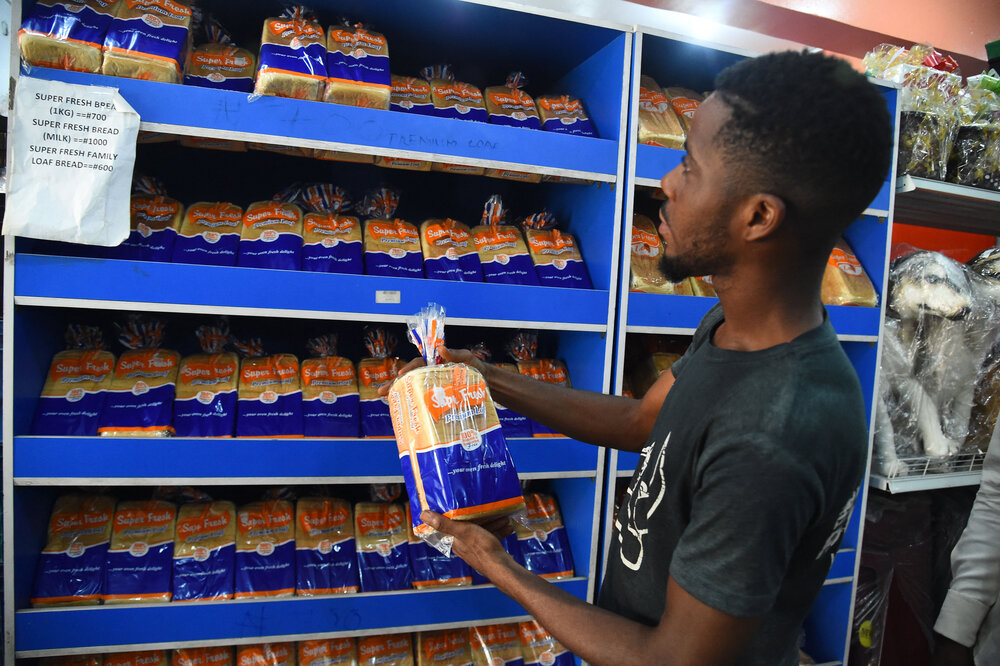THE WORLD is once again in the midst of an unprecedented global food and energy crisis that could create further economic strain and social and political upheaval across the world in years to come.
While the current Russian invasion of Ukraine has contributed to this crisis, it is evident that the origins of the food crisis can be found in a combination of different factors that have been present among many African and Caribbean countries for decades.
The Caribbean has been vulnerable to a food crisis for decades due to it’s over reliance on food imports.
According to the World Bank between 80% and 90% of food is imported into the region. Only Guyana, Belize and Haiti produce more than 50% of their own food.
Over 2.7 million people in the English speaking Caribbean are now food insecure with 71% of people surveyed citing higher than usual food prices. In terms of energy, the Caribbean has some of the highest electricity prices in the world.
These prices fluctuate with the price of oil due to most countries in the region using diesel and heavy fuel oil to generate electricity. Efforts to transition to greener and cleaner energy has slowed down due to economic contraction of 14% from the pandemic and the region is likely to reduce agricultural exports to make up for the food crisis.
In Africa the food crisis has been steadily increasing over the last ten years due in part to the climate crisis.
In West Africa the number of people who were in need of emergency food assistance rose from 7 million people to 27 million people across Niger, Burkina Faso, Nigeria, Chad and Mali.
This number could rise to 38 million people in need of emergency food assistance in June. Additionally malnutrition is on the increase across the Sahel with 6.3 million children 6 to 59 months projected to be affected this year. In terms of energy most African countries are typically energy producers suffering from energy shortages and higher prices.
For oil and gas producing countries the energy crisis largely started in 2020 due to declining demand during the global pandemic. In addition to this prices started to increase as demand in the West and China has started to shift towards renewable green options.
Ultimately the energy crisis in Africa can be attributed to a build up of long standing issues related to inadequate infrastructure as well as ongoing security concerns in Nigeria, Mozambique and Algeria that limit production. However renewed energy demand from Europe could in the coming years reduce some economic strain across West Africa.


Comments Form
2 Comments
No, because the Caribbean has been the dumping ground for tax subsidized agricultural products from the United States and the E.U.
The impact of receiving taxed-subsided imports has resulted in the destruction of the domestic produced agricultural products.
The People of the Caribbean will have to start planting their own foods as they will not be able to pay the increased prices for imported western agricultural foods.
The increase in imported foods may actually benefit the farmers of the Caribbean.
It’s a shame that countries that were gardens of Eden, I.em had the wherewithal to live self sufficiently, cannot sustain themselves because they sold out and appreciated overseas goods rather than their own.